detail profile julius streicher
Peran Yang Di Mainkan Julius Streicher
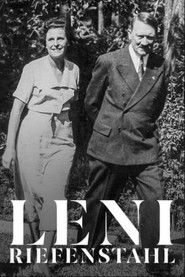 Countless people around the world know...
Countless people around the world know...Leni Riefenstahl - The End of a Myth 2020
Countless people around the world know the pictures from Leni Riefenstahl's films, even if they have not seen them in their entirety. The work of the German director has burned itself into the collective memory. Even decades after the end of the Nazi era, she showed no remorse and presented herself as an apolitical, naive follower of the Nazi criminal regime. Her artistic service for the cinema was always recognized. But book author Nina Gladitz shows after decades of research that Hitler's favorite filmmaker was not only a follower, but also a perpetrator during the Third Reich, who instrumentalized other filmmakers such as the brilliant cinematographer Willy Zielke in order to gain fame for herself.
 Filmmaker Alain Resnais documents the atrocities...
Filmmaker Alain Resnais documents the atrocities...Night and Fog 1959
Filmmaker Alain Resnais documents the atrocities behind the walls of Hitler's concentration camps.
 An account of Adolf Hitlers rise...
An account of Adolf Hitlers rise...Will It Happen Again? 1948
An account of Adolf Hitler's rise and fall, his relationship with Eva Braun and their days of leisure at the Berghof, their Bavarian residence.
 Commissioned to make a propaganda film...
Commissioned to make a propaganda film...Olympia: Part One – Festival of the Nations 1938
Commissioned to make a propaganda film about the 1936 Olympic Games in Germany, director Leni Riefenstahl created a celebration of the human form. This first half of her two-part film opens with a renowned introduction that compares modern Olympians to classical Greek heroes, then goes on to provide thrilling in-the-moment coverage of some of the games' most celebrated moments, including African-American athlete Jesse Owens winning a then-unprecedented four gold medals.
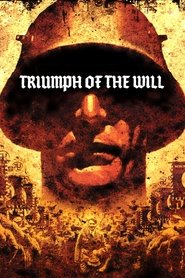 A showcase of German chancellor and...
A showcase of German chancellor and...Triumph of the Will 1935
A showcase of German chancellor and Nazi Party leader Adolf Hitler at the 1934 Nuremberg Rally.
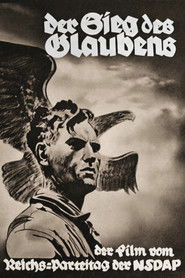 Follows the Fifth Nazi Party Rally...
Follows the Fifth Nazi Party Rally...The Victory of Faith 1933
Follows the Fifth Nazi Party Rally (Nuremberg, 30 August–3 September 1933) and shows the then close relationship between Adolf Hitler and Ernest Rõhm.
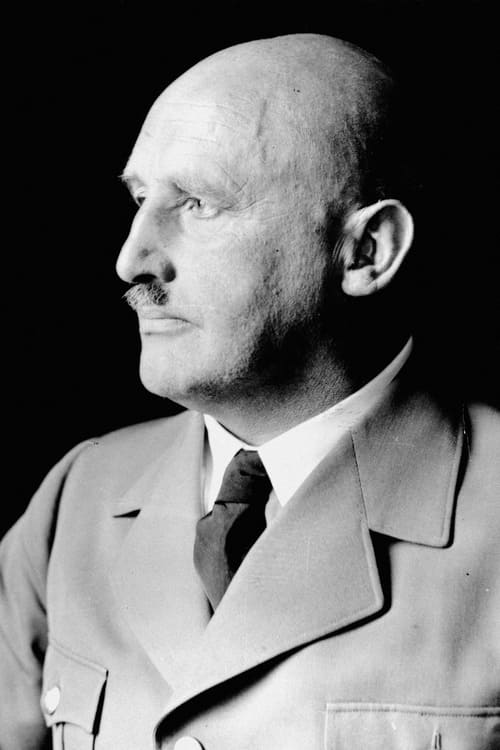
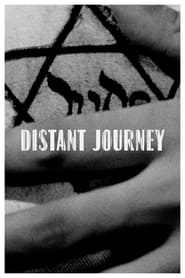 Prague during World War II Hana...
Prague during World War II Hana...